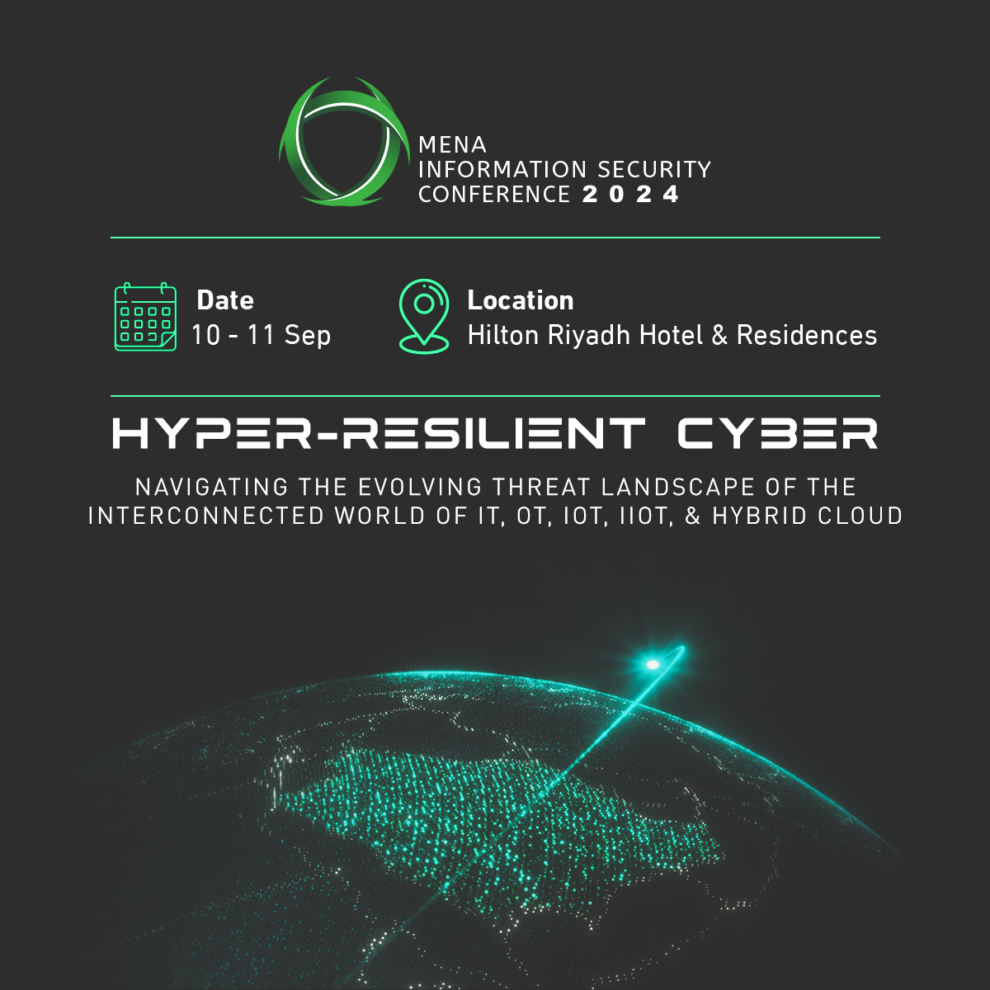The unemployment rate for Saudis dropped to 7.7% in the last quarter of 2023, nearing the objective of 7% as set for Vision 2030 and the nation is set to grow by 4.4% in 2024, fueled by substantial investments in non-oil sectors and the ambitious Vision 2030 initiative aimed at economic diversification. As Saudi Arabia’s economy continues to flourish, this economic upturn is further supported by robust consumer spending, stabilized oil prices, easing inflation and a highly digitalized public and private sector.
As a digitally advanced nation, the Kingdom’s residents have technology integrated into everyday life, from government services on platforms like Absher to various mobile applications for healthcare, finance, insurance and other services and Saudi Arabia is recognized globally for its digital advancements, ranking 3rd in the World Bank’s GovTech Maturity Index for digital government transformation and 1st in the Arab world for digital competitiveness. This widespread digital integration necessitates the need for a resilient cybersecurity infrastructure to ensure the secure functioning of digital services.
The rapid expansion is also driven by the implementation of advanced technologies such as AI (Artificial Intelligence), IoT (Internet of Things), IIoT (Industrial Internet of Things) and hybrid cloud, in both public and private sectors. Reflecting this trend, the cybersecurity market in Saudi Arabia is witnessing unprecedented growth, with a compound annual growth rate (CAGR) of 13.78% and a market size of SAR 21bn at the end of 2023.

The Kingdom’s rapid digital transformation and economic diversification under Vision 2030, increase the vulnerability of its digital infrastructure and high-value targets make it a prime target, with the average cost of a cyberattack in Saudi Arabia being significantly higher than the global average, highlighting the critical need for cybersecurity measures such as the government’s significant investments in developing cyber-secure infrastructure and the establishment of the National Cybersecurity Authority (NCA).
Four new Special Economic Zones (SEZs) in Saudi Arabia were also launched at the end of 2023, including the Cloud SEZ, which aims to attract leading global cloud computing companies to start their commercial operations with the capability to build and operate data centers throughout the Kingdom. This was followed by major global companies like Oracle announcing a SAR 6bn investment towards developing local cloud computing centers, AWS announcing a SAR 20bn investment towards building data centers and a significant cloud presence, and Google launching a new cloud region in Dammam that is estimated to add SAR 409bn to the country’s GDP between 2024 and 2030.
To achieve hyper-resilience against cyber threats, strong collaboration between government entities, private enterprises and international partners is essential. This approach leverages the strengths and resources of all stakeholders to create a comprehensive cybersecurity framework for the nation.
Gathering thought leaders, visionaries, market innovators and experts to play a pivotal role in this collaborative effort, MENA ISC 2024, one of the oldest and most trusted events among CISOs (Chief Information Security Officer) and cybersecurity professionals in the whole region, will once again bring together top industry leaders and decision-makers, for its 12th edition, on a platform to discuss the latest cybersecurity challenges and share ground-breaking solutions.
With the theme, “Hyper-Resilient Cyber: Navigating the Evolving Threat Landscape of the Interconnected World of IT, OT (Operational Technology), IoT, IIoT, & Hybrid Cloud,” MENA ISC 2024 aims to address the rapidly changing cybersecurity landscape and its implications for the Kingdom’s thriving businesses and critical infrastructure, and continue to be a beacon of knowledge sharing and collaboration in a sector that is constantly innovating.












